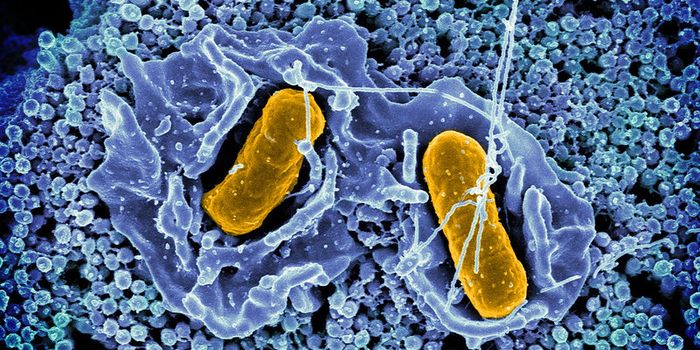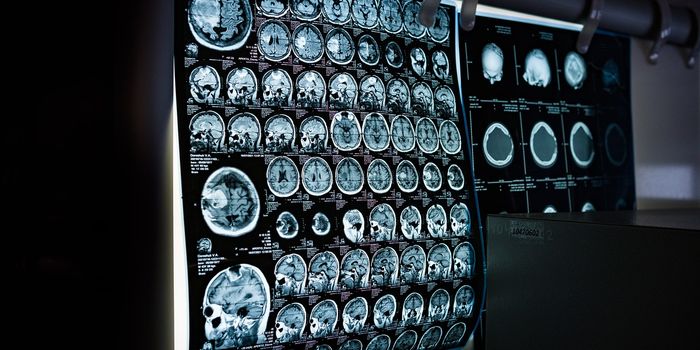Making Sense of the T Cell Response Spectrum
T cells go through a sort of “training” process throughout life, and scientists recently discovered that the more in-depth the training is, the stronger and more diverse the T cell response can be when the body needs defense the most. The discovery of this “spectrum of responsiveness” provides new insight for scientists looking to better understand the immune response to pathogenic invasions and cancer, decipher the error log leading to autoimmune disease, and develop new therapeutic treatments.
"Previously people thought that memory T cells had two stages of development, but we discovered there is a whole spectrum of memory experience,” explained first author Eddie Cano Gamez. “From naïve T cells that have never been activated, to highly trained memory T cells which can react quickly, and many intermediate T cells in between.”
The study involved analyzing T cells from blood samples provided by healthy volunteers. Within each individual T cell, researchers looked for specific genes that were activated and what that could tell them about that specific T cell’s activity. They also tested the response of T cells to cytokines, chemical messengers of the immune system.
Collectively, the experiments showed that a T cell’s “training” consisted of activation by multiple signals and learning to respond quickly to signals. The more signals T cells are exposed to, the better the response. Additionally, T cells with little signal experience responded drastically different to the same signals as T cells with more signal experience. In some situations, the differences in responses was essentially opposite: pro-inflammatory versus anti-inflammatory responses.
Researchers also found that experienced T cells could still learn to respond to new signals. In other words, when it comes to T cell development, you can teach an old dog new tricks.
Researchers anticipate the results from the new study will help build new insight into why the immune response varies in different situations, i.e. why some people struggle with immunodeficiency while others are able to build strong immune systems.
Sources: Wellcome Trust Sanger Institute, Nature Communications








